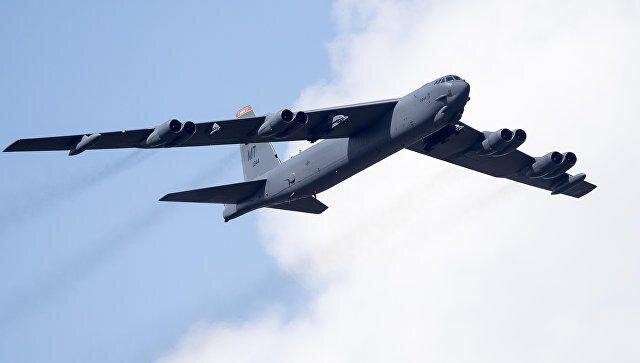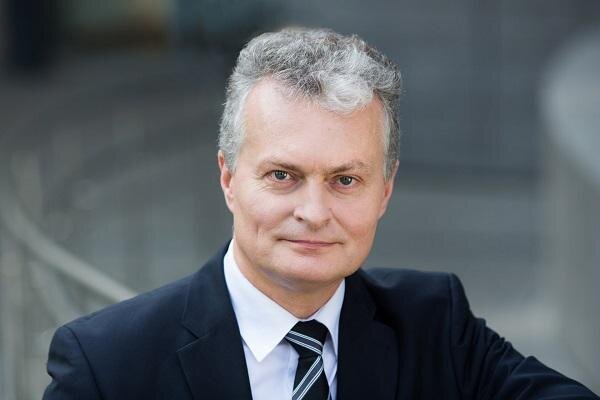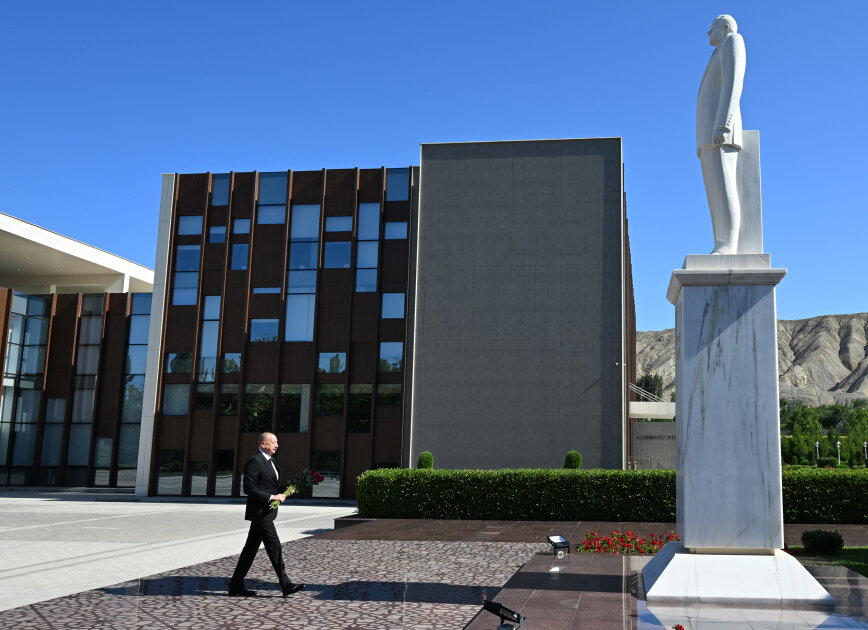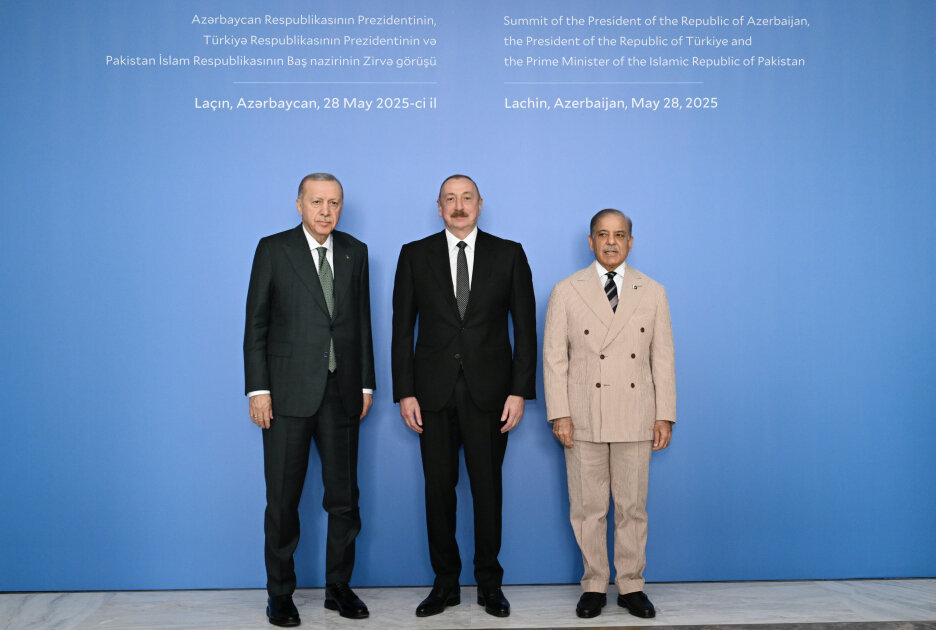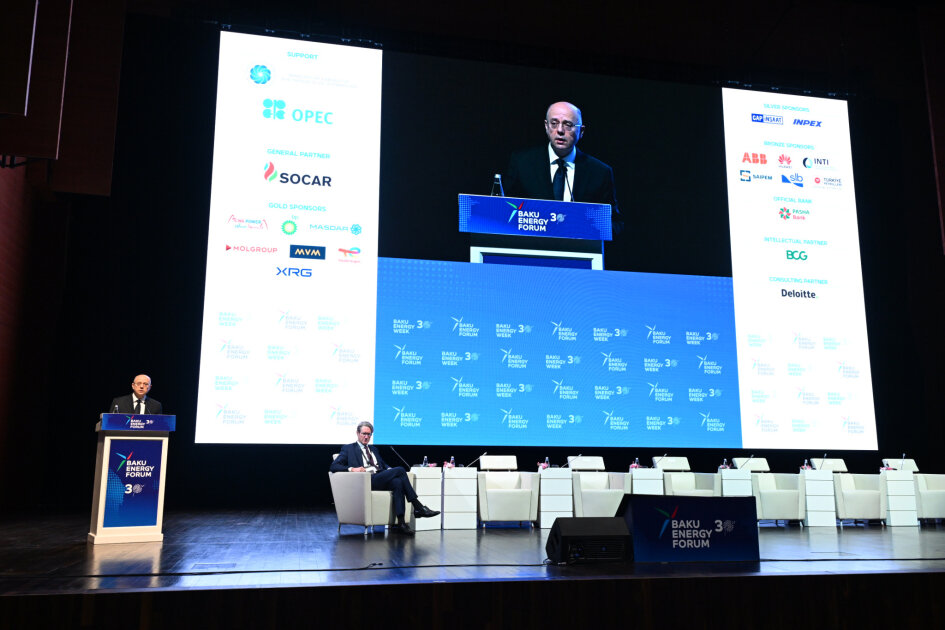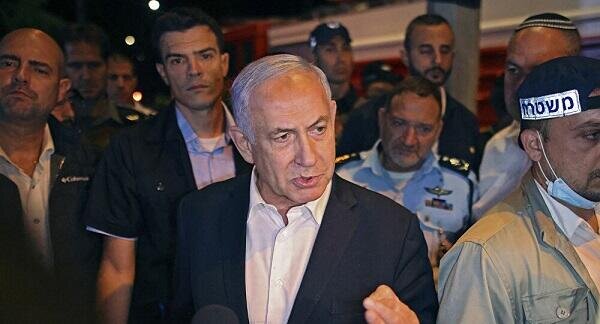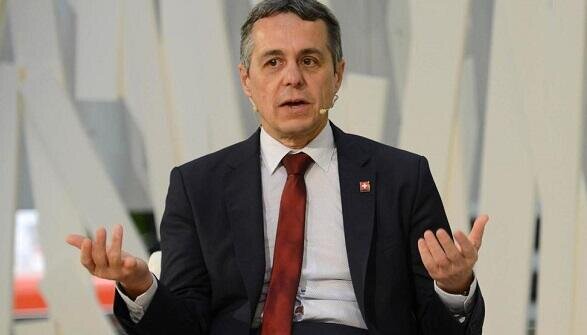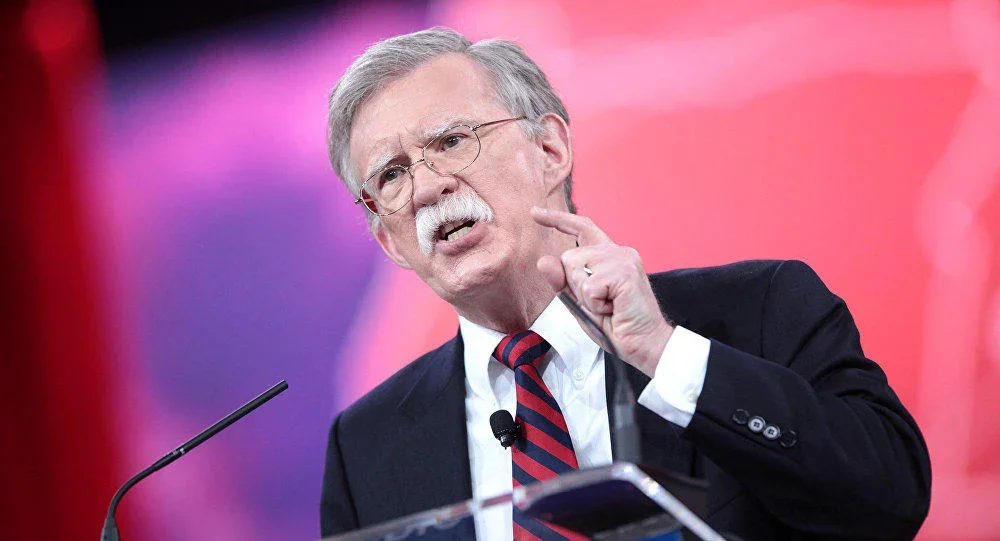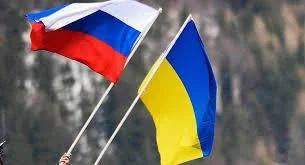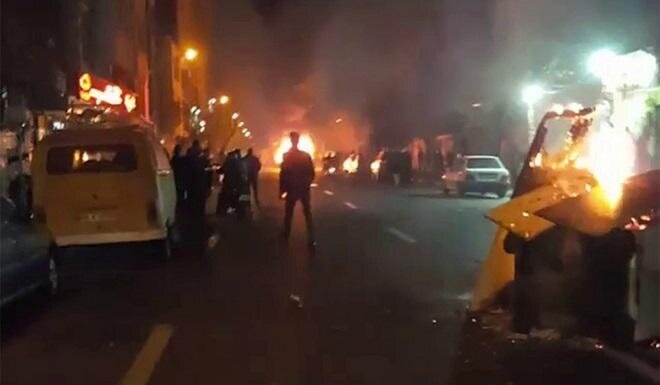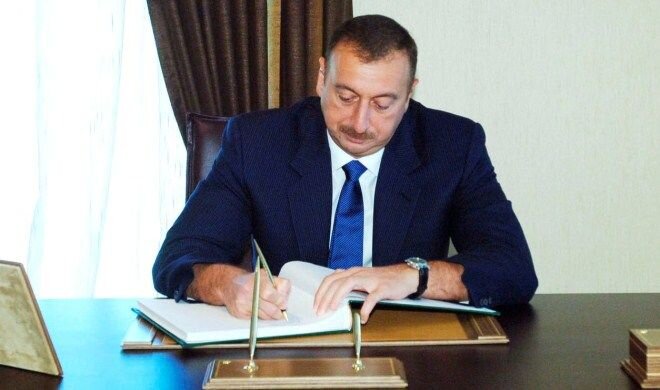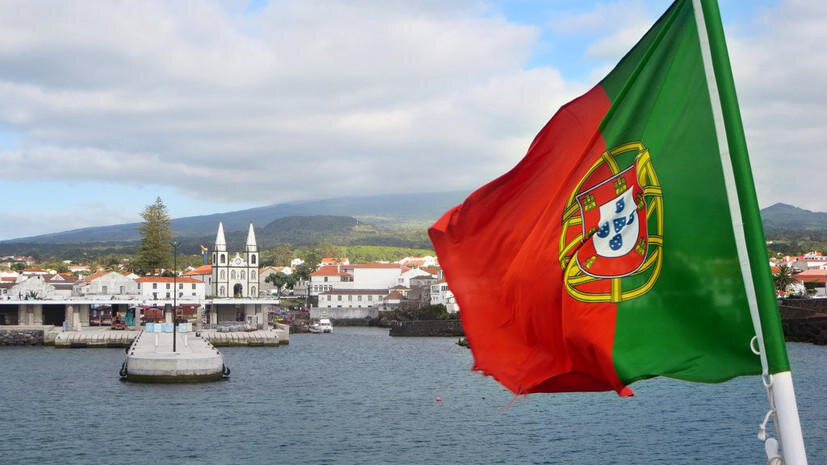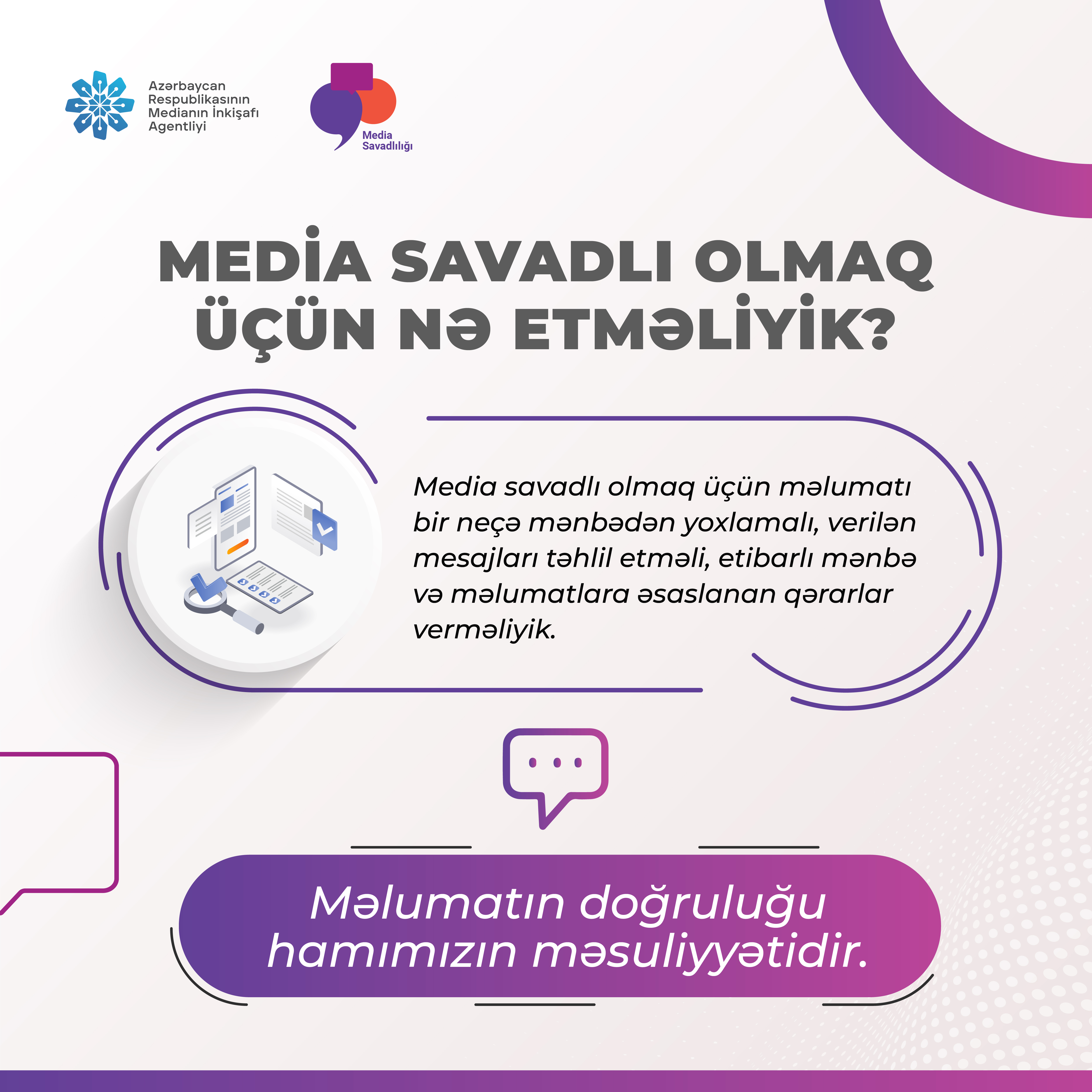Action Plan adopted on priority areas of Azerbaijan–Vietnam cooperation
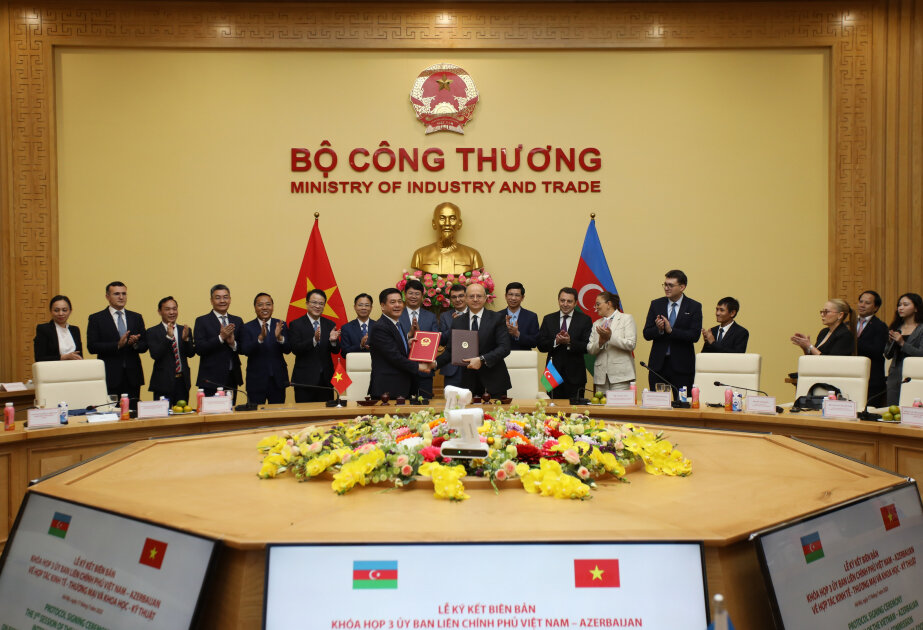 Hanoi, the capital of Vietnam, hosted the 3rd session of the Azerbaijan–Vietnam Intergovernmental Commission on Economic, Trade, and Scientific-Technical Cooperation.
Hanoi, the capital of Vietnam, hosted the 3rd session of the Azerbaijan–Vietnam Intergovernmental Commission on Economic, Trade, and Scientific-Technical Cooperation.
The session also featured a meeting between Azerbaijan’s Minister of Energy Parviz Shahbazov and Vietnam’s Minister of Industry and Trade Nguyen Hong Dien. Discussions focused on key items on the bilateral cooperation agenda.
During the session, the co-chairs of the Intergovernmental Commission – Minister Parviz Shahbazov and Minister Nguyen Hong Dien – delivered opening remarks.
Minister Shahbazov noted that bilateral relations, initially shaped by President Ho Chi Minh’s visit to Baku in 1959 and National Leader Heydar Aliyev’s visit to Hanoi in 1983, have entered a new phase following the official state visit of General Secretary of the Central Committee of the Communist Party of Vietnam To Lam to Azerbaijan this May. He emphasized that the Joint Statement on Strategic Partnership and the documents signed during the visit serve as a roadmap for the development of multifaceted cooperation between the two countries. “President Ilham Aliyev described the visit as an event of great political significance and the Joint Statement as a highly important political document.”
“The Intergovernmental Commission has been tasked with translating the provisions of this Declaration into practical projects - revitalizing and expanding trade and economic cooperation, increasing trade turnover, and boosting mutual investments,” Minister Shahbazov said. “To this end, a document titled Areas of Cooperation, comprising 58 measures across 17 priority areas for 2025–2027, has been prepared. As strategic partners, Azerbaijan and Vietnam are committed to achieving significant progress in all these fields in the years ahead.”
Vietnam’s Minister Nguyen Hong Dien stated: “The political and diplomatic ties between our countries are stable, and energy cooperation is of strategic importance. There is strong political will and high-level support to deepen these ties. As the third-largest economy in Southeast Asia with a population of 115 million and access to a market of 600 million through free trade agreements, Vietnam presents vast opportunities for partnership.”
The meeting reviewed the current state of cooperation in politics, trade, investment, energy, transport, SMEs, tourism, agriculture, defense industry, culture, education, and more. It was noted that bilateral trade increased by 5.4% in the first five months of 2025, reaching $58.4 million—reflecting positive momentum. Both sides emphasized the need for continued joint efforts to further grow trade and mutual investments.
Touching on energy cooperation, the ministers noted that SOCAR Trading is among the leading spot suppliers in the Vietnamese market, involved in crude oil supply and international sales of Vietnamese oil. Memoranda of Understanding signed between the Azerbaijani Ministry of Energy, SOCAR, and relevant Vietnamese counterparts, including a renewable energy partnership agreement with ROX Group, will further bolster cooperation in this field.
The importance of collaboration in transport and logistics was also highlighted, especially to support industrial growth and exports. Both sides expressed interest in using the Middle Corridor, North–South, and East–West transport routes to boost transit potential. Last year, Silk Way Airlines opened a representative office in Vietnam, with direct cargo flights expected soon. Passenger flights on the Baku–Hanoi route are also included in Azerbaijan Airlines’ development plans.
Potential areas of cooperation in defense industry and agriculture were discussed, along with the growing momentum in cultural and humanitarian ties. The ministers cited the cultural and charitable events held during Vice-President of the Heydar Aliyev Foundation Leyla Aliyeva’s visit to Vietnam this April as a strong example of mutual interest. They also noted that the upcoming Vietnam Days event in Azerbaijan would help further deepen cultural cooperation.
The session concluded with the signing of the Protocol of the 3rd Intergovernmental Commission and the adoption of the 2025–2027 Action Plan.


